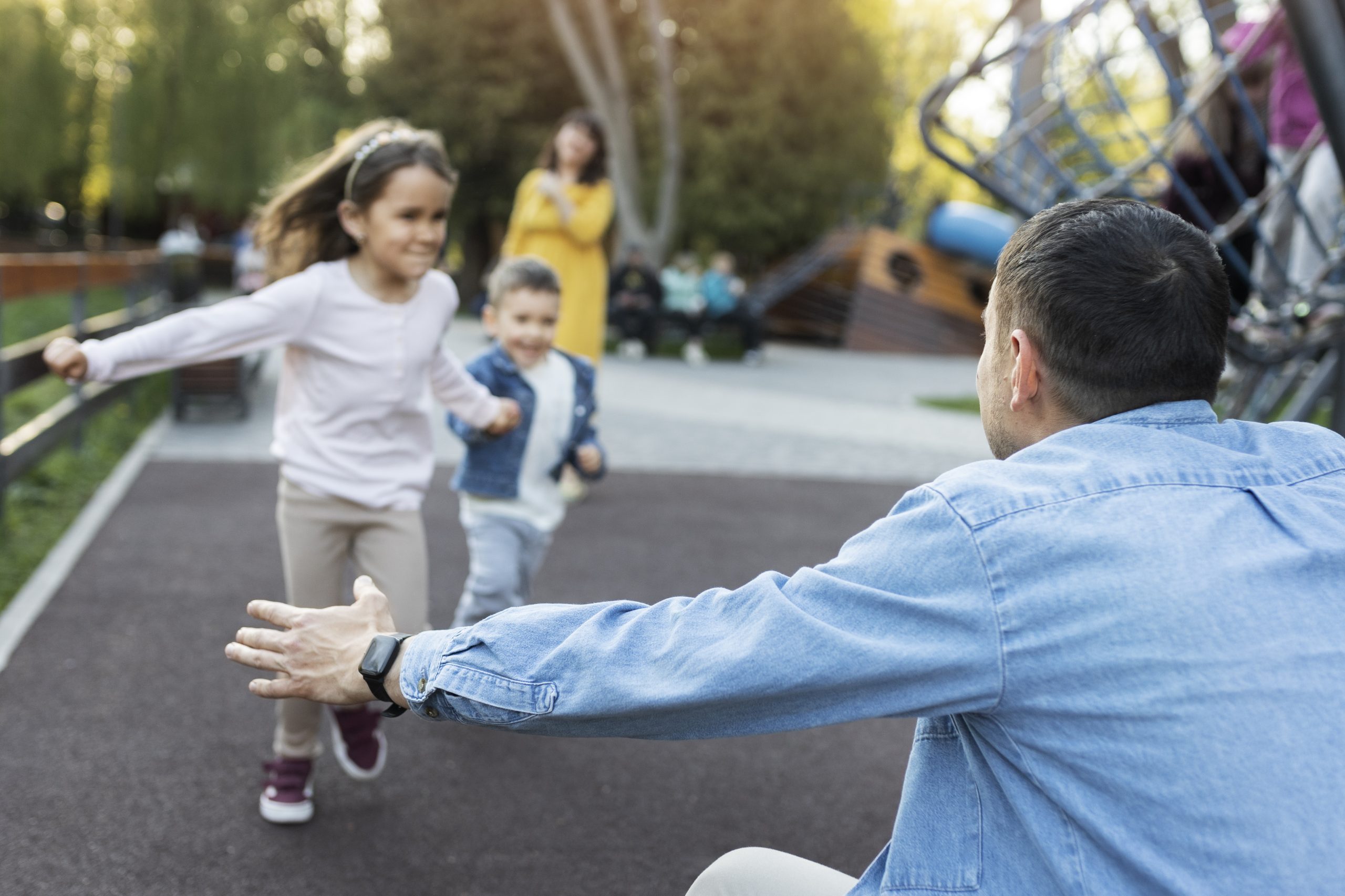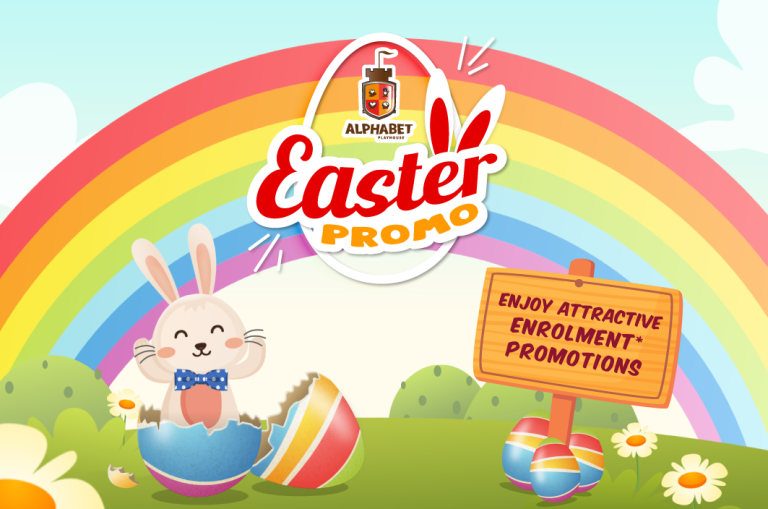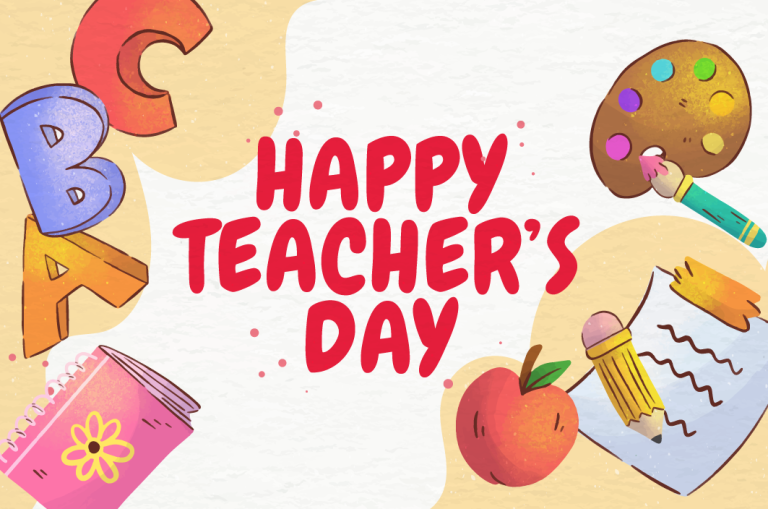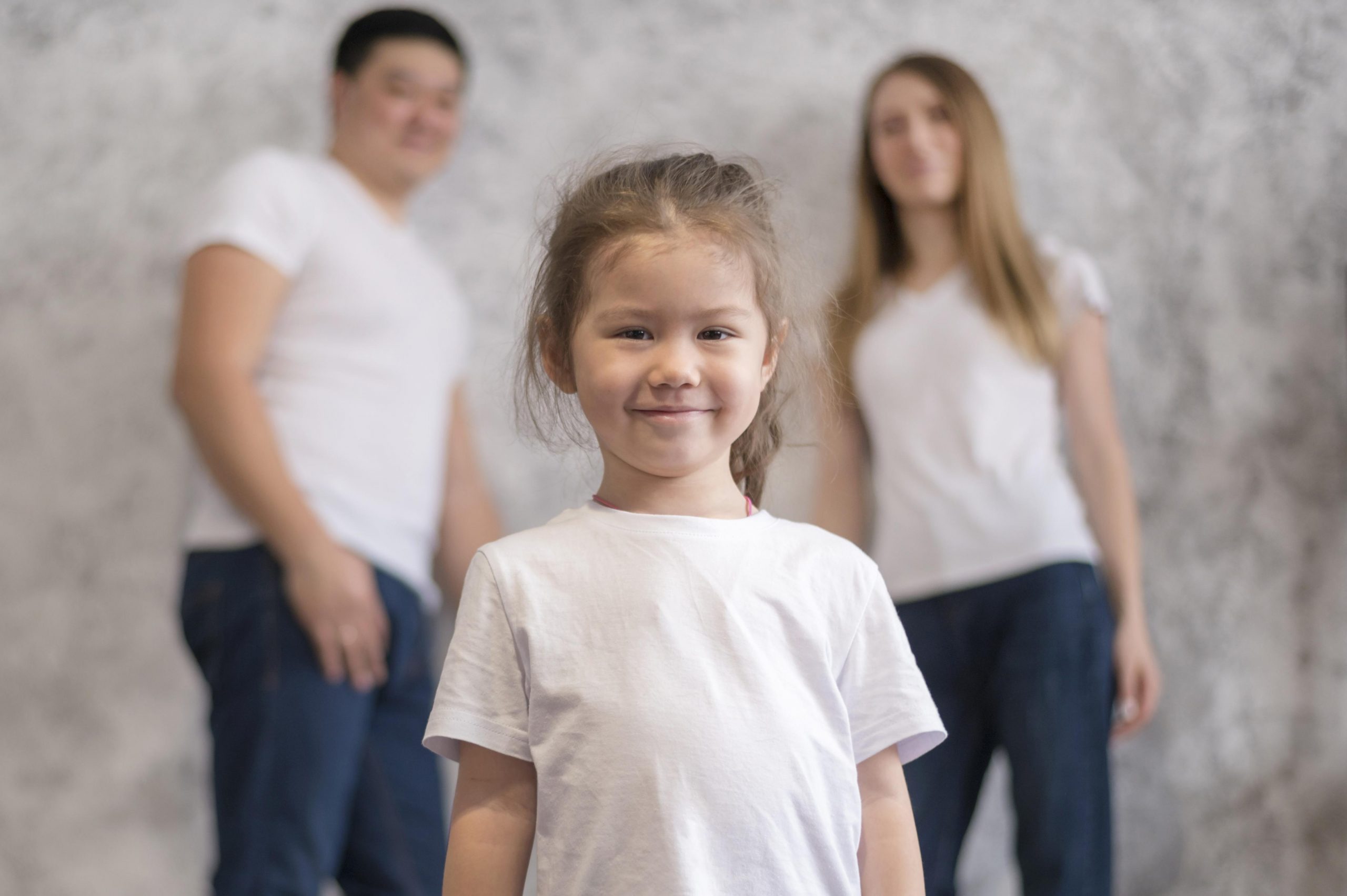News & Events
Home 4 Ways To Help Your Child Adapt in Preschool
4 Ways To Help Your Child Adapt in Preschool
The transition when your child begins preschool marks a significant change. Preschool not only provides an opportunity for children to interact with their peers but also imparts valuable life lessons such as sharing, taking turns, and following rules. Additionally, it lays the academic foundation necessary for kindergarten and future education.
However, both parents and children often experience a mix of emotions during this transition. Entering a new environment with unfamiliar teachers and peers can leave a child feeling both anxious and excited, while parents may grapple with doubts about their child’s readiness. To facilitate this transition and help your child adjust to preschool, here are some recommended steps.

Practice Saying Goodbye, Gradually
Stretching out your separation times gradually several months before school starts is one way to calm preschool fears. To ensure that your child understands that the parting time between you two is normal, it’s important to establish a consistent pattern for saying goodbye. The goal is to gradually expand children’s interactions with caregivers beyond their immediate family, helping them become comfortable around adults outside their home. If you’re concerned about your child’s adjustment, consider giving them a special memento like a keychain with your photo or a soft toy. Let them know it will remind them of you whenever they hold it.
Go to a School Tour Together
Take your child on a school tour a few days before the big day, allowing them to familiarize themselves with key school areas such as the classroom, playground, school office, and water fountain. Set aside moments at home to role-play common social scenarios your child may encounter at school, like introducing themselves, starting conversations, or seeking assistance from a teacher. Focus on practicing one new skill at a time until your child becomes proficient. Children grasp social skills more effectively through your demonstrated actions rather than verbal instructions.

Acknowledge Your Child’s Concerns
Make sure to schedule a dedicated moment to have a conversation with your child regarding their transition to school. It’s crucial to remember that your child’s worries, even if they appear irrational, are genuine and significant. Entering a new environment without knowing what to expect can heighten anxiety. Therefore, offer your child some ‘first thing’ guidance. You can suggest that they start with a beloved activity, such as building with blocks, or attempt to make a new friend, especially if they see someone playing alone.

D-Day is here!
On the first day, calmly reintroduce the teacher to your child as you enter the classroom, then take a step back and let them get to know one another. This demonstrates to your child that they are in a safe and happy environment with the teacher.
Always say goodbye to your child with love and consistency, but once you have, leave right away. Don’t drag the process. Leaving without saying goodbye, no matter how alluring it may be, can make kids feel abandoned. On the other hand, a protracted farewell might only serve to confirm a child’s perception that preschool is a bad place. An easy-to-follow goodbye routine can help you say goodbye. Regardless of whether your child is eager or reluctant to start preschool, a member of the school staff ought to be available to assist with the transition when you get there.
Separation phobias are common in kids and will eventually pass. The key is to keep an eye out for a slow rise in assurance and a fall in anxiety. Ask the teacher or counsellor for advice on how to help your child cope if the anxiety persists or gets worse. Keep in mind that the adjustment period could last anywhere from a day to several weeks.
At Alphabet Playhouse, we place a strong emphasis on child-initiated learning, giving our young people the freedom to discover and engage with their surroundings. We crafted and designed various types and levels of activities to help your child improve their gross motor and fine motor skills while also fostering strong relationships with their peers are designed to offer a variety of activities as limitless as your child’s creativity.
Other Posts

Easter Promotion
Sign up with an award-winning preschool and enjoy special enrolment discounts!

Teachers’ Day Appreciation Wall 2024
Your words mean the world to them. Tell your teachers how much you appreciate them on this year’s Teachers’ Day appreciation wall!

Mother’s Day Promotion
Sign up with an award-winning preschool and enjoy special enrolment discounts!


